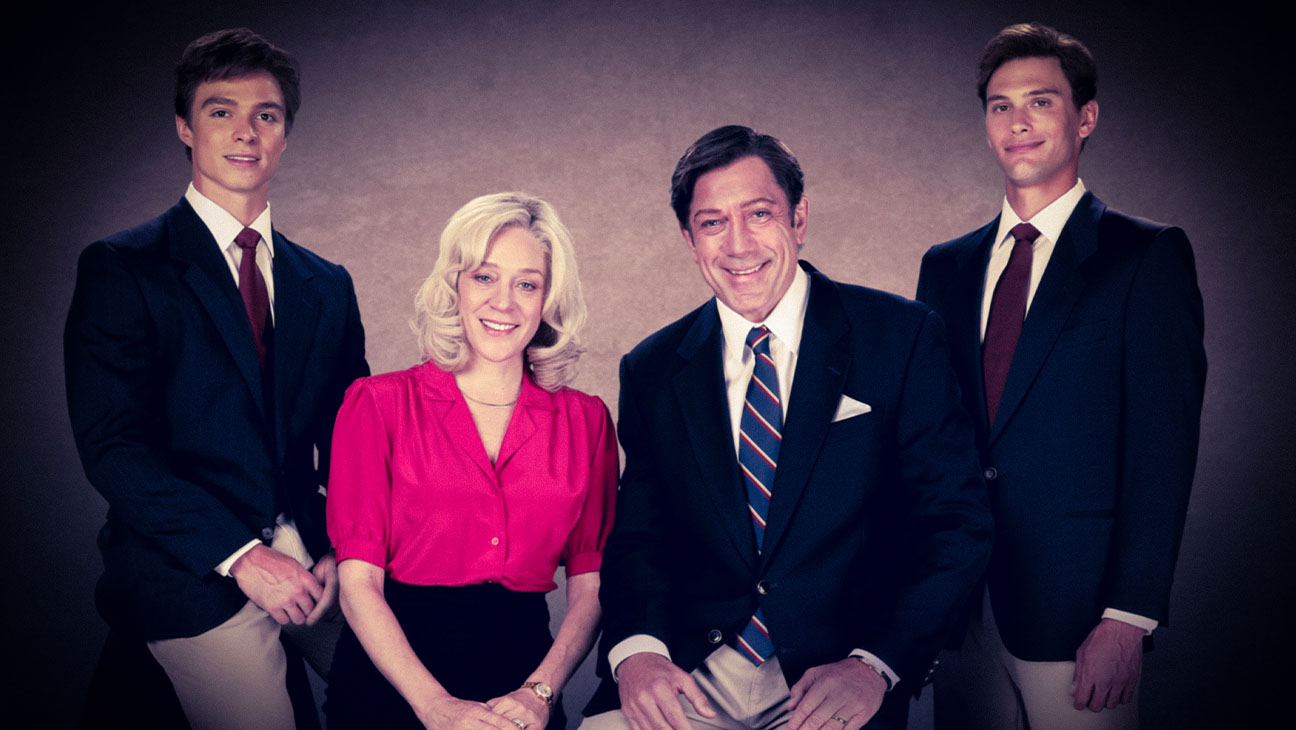Liz Sargent’s Take Me Home, a deeply personal short film that debuted at the Sundance Film Festival, will be rebuilt as a full-length feature.
The adaptation is being done in partnership with Caring Across Generations, a national advocacy organization that focuses on aging, disability and care, which will help finance the project while raising additional financing in part through philanthropic support. Shooting is eyed to start this fall with a projected release date sometime next year. Caring Across Generations is also committed to lead an impact campaign in conjunction with the launch.
Sargent wrote, directed and produced the short film based on her own unique family situation. She penned a guest column for The Hollywood Reporter last November that best describes the details of the project and why it hit so close to home — and why it was filmed in her parent’s actual home. Sargent grew up as a middle child of 11. Her adoptive parents had four biological children and they adopted seven more including several with disabilities including her sister, Anna, whom she cast as a lead.
“Take Me Home centers on two sisters — one disabled, the other not — as they must work through their relationship after the death of their mother. Originally, it focused on the struggles of the able-bodied sibling: a heroic sister with a big, visionary heart. But the script turned into a familiar Hollywood cliché, until I realized that it’s the disabled sibling’s perspective that is the untold story. Because the film is written in my sister’s voice, in words and phrases and interactions that I’ve witnessed, I couldn’t imagine anyone but Anna acting in the project,” Sargent wrote in her column.
She continued: “When I set out to make my short film Take Me Home, I wanted to raise questions about our responsibilities to family as we grow older. The film captures a feared transitional moment for families that include a loved one who cannot live on their own: What is inherited? How do we navigate the hurdles of the American health care system when we are living on the margins of life?”
The questions raised above dovetail nicely into just the type of conversations Caring Across Generations hopes to provoke, expand and transform by getting into the content business. Executive director Ai-jen Poo, who also leads the National Domestic Workers Alliance, will serve as an executive producer on the feature adaptation. Jane Shin Park, an executive producer on the short, provided initial funding for the project. On the caring front, a percentage of the film’s proceeds will go to Anna for her ongoing care needs while also helping to set her up with long-term financial stability.
Beyond the inspiration and plot, the short film was a true family affair. In addition to being shot in Anna’s home where she lived with her parents, Sargent’s mother played a version of herself. Sargent’s husband, Minos Papas, served as a producer and cinematographer. Sargent’s other sister, Molly Jordan, with whom she teams as Anna’s co-guardians, served as an associate producer. A similarly close team is expected for the feature adaptation, and that includes Anna who delivered creative contributions that were orchestrated to match her abilities and maximize her involvement.
News of the feature adaptation comes during a busy week for the sisters. Liz, Molly and Anna appeared at the White House on Tuesday for an event hosted by the Office of Public Engagement for disability advocates to mark the 25th anniversary of the U.S. Supreme Court’s decision in Olmstead v. L.C. The landmark case affirmed the right of disabled people to receive state-funded support and services.

Filmmaker Liz Sargent, far left, poses with her sisters Anna and Molly inside the White House in Washington D.C. on June 18, 2024.
Sara Stadtmiller/Caring Across Generations
Liz and Anna were featured at the podium during a program that also saw advocates and senior Biden-Harris Administration officials talk resources and inclusion while surveying the current landscape for disabled people in America. The event can be seen in full below.
“It’s not hard to make truly accessible films; you just have to be open to thinking creatively,” said Sargent, who spoke about how creating a more inclusive film set led to powerful and authentic performances in her work. “I’m thrilled to partner with Caring Across and advance new models for equitable, disability-forward filmmaking practices.”
Lydia Storie, director of cultural change at Caring Across Generations who will executive produce the project, added: “Take Me Home is a rare example of a film that embraces the perspectives of older and disabled adults and dares to imagine a world where everyone can thrive. We plan to package the film in a way that reflects this vision through an innovative financing model and an inclusive and accessible production process.”



